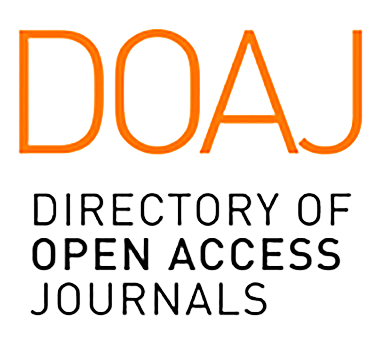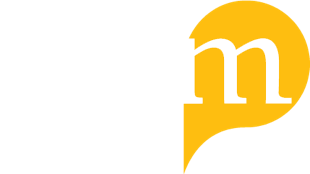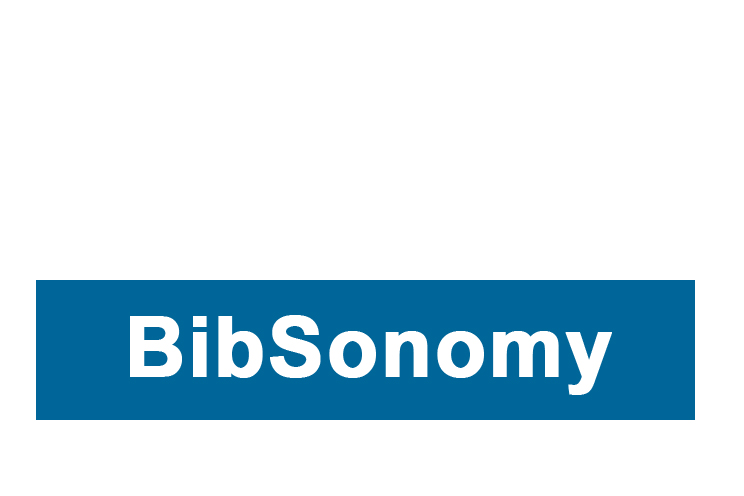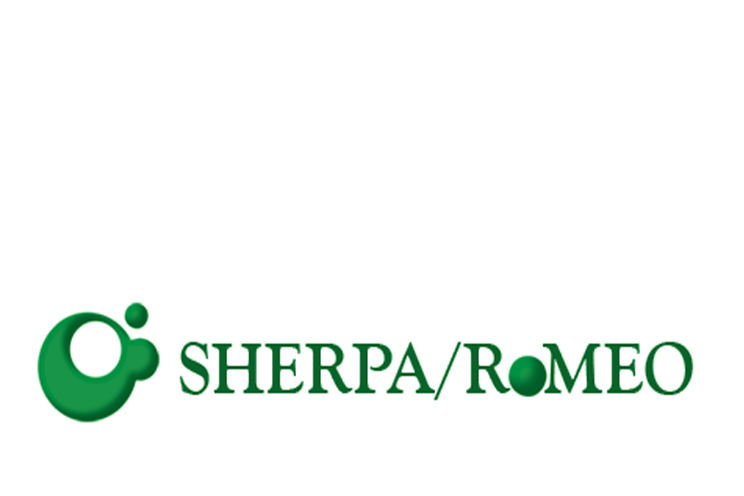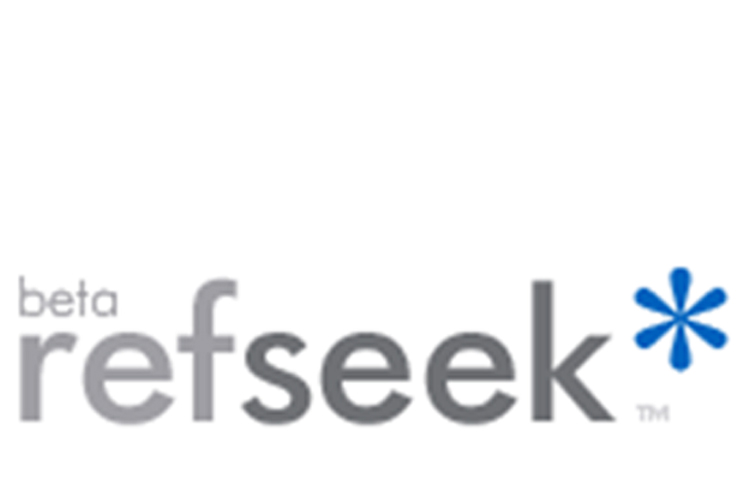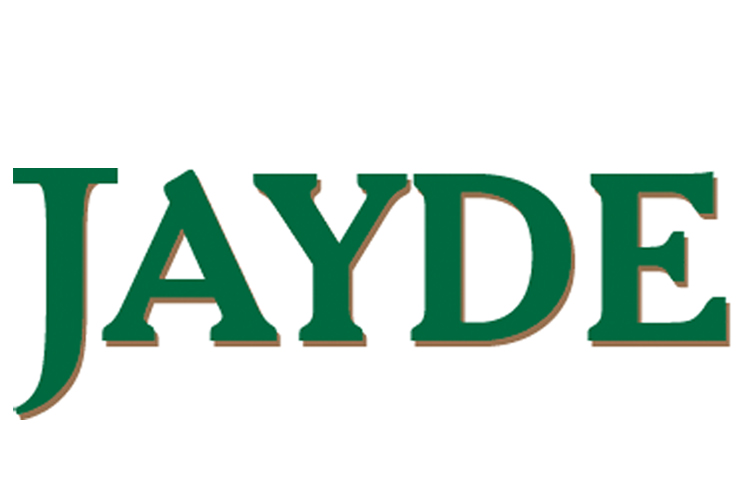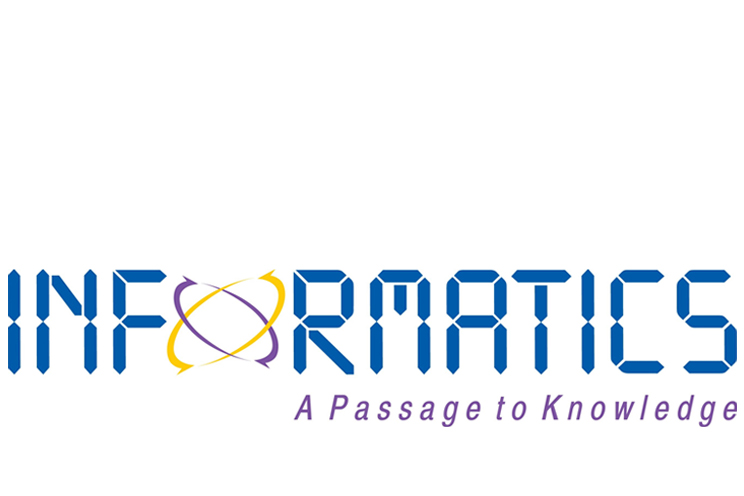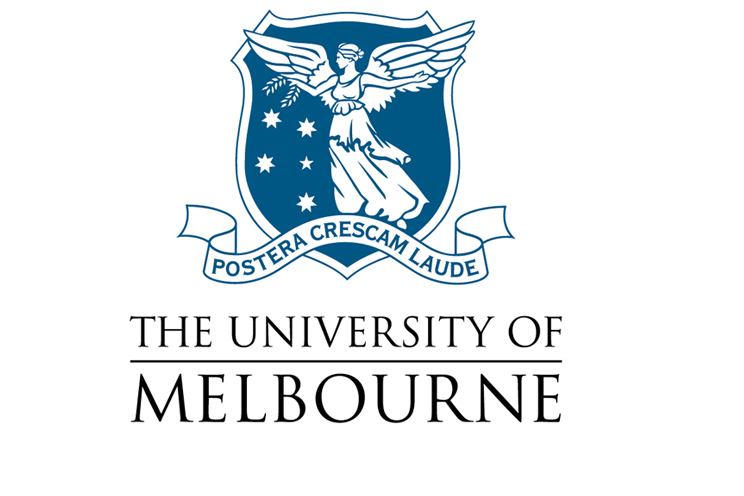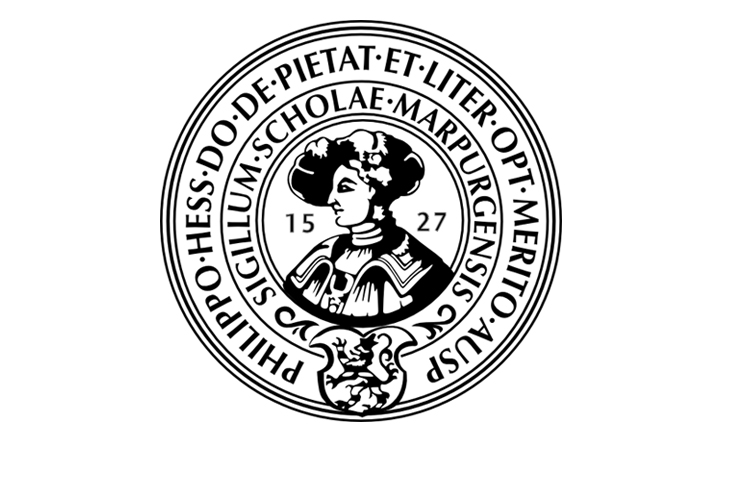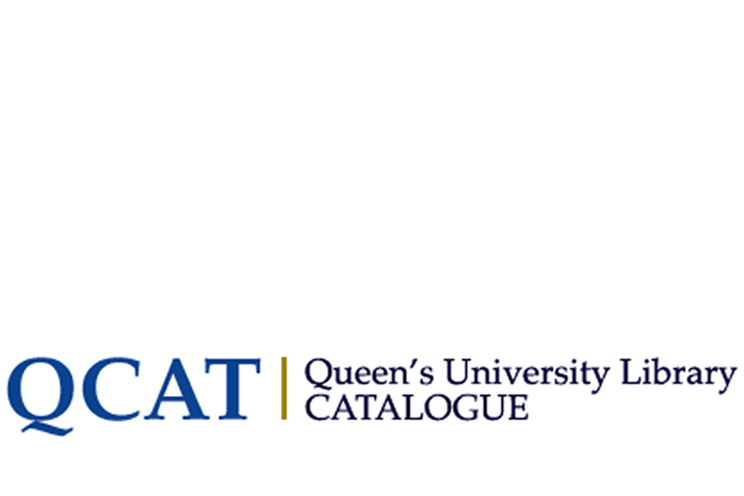Public Article
-
verified
Rejection of Known and Previously Accepted Foods During Early Childhood: An Extension of the Neophobic Response?
ISSN: 1929 - 4247
Publisher: author
Rejection of Known and Previously Accepted Foods During Early Childhood: An Extension of the Neophobic Response?
Indexed in
Health Sciences
ARTICLE-FACTOR
1.3
Article Basics Score: 2
Article Transparency Score: 2
Article Operation Score: 2
Article Articles Score: 3
Article Accessibility Score: 3
SUBMIT PAPER ASK QUESTION
International Category Code (ICC):

ICC-0702
Publisher: Lifescience Global Inc.
International Journal Address (IAA):

IAA.ZONE/1929101594247
eISSN
:
1929 - 4247
VALID
ISSN Validator
Abstract
Children begin to reject new foods (food neophobia) at around 18 to 30 months. At this time parents also report the rejection of known and previously accepted foods. The studies presented here are the first to examine this rejection of previously accepted foods in isolation and presents a number of significant findings. Using a parental questionnaire, it was found that the rejection of known and previously accepted food begins towards the end of infancy, commonly occurs during nursery age, reduces in frequency after 30 months and most often involves the rejection of vegetables, mixed foods and fruit. It is hypothesised that some known and previously accepted foods are rejected due to an extension of the neophobic response. When neophobia begins, infants become hyper-vigilant to the visual perceptual features of food in order to recognise the food given. Foods not matching learnt expectations, due to perceptual changes between servings...

